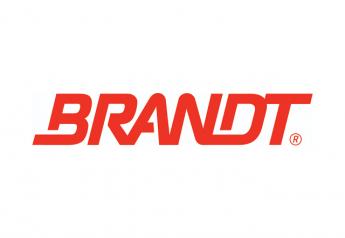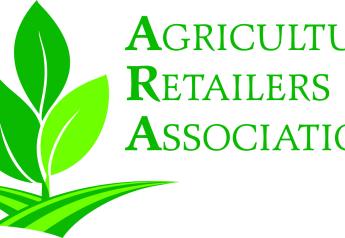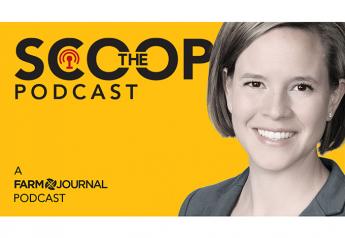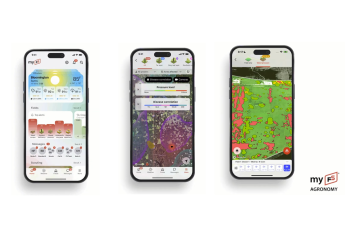Big In Biologicals: Q & A with Amy O’Shea CEO of Certis USA
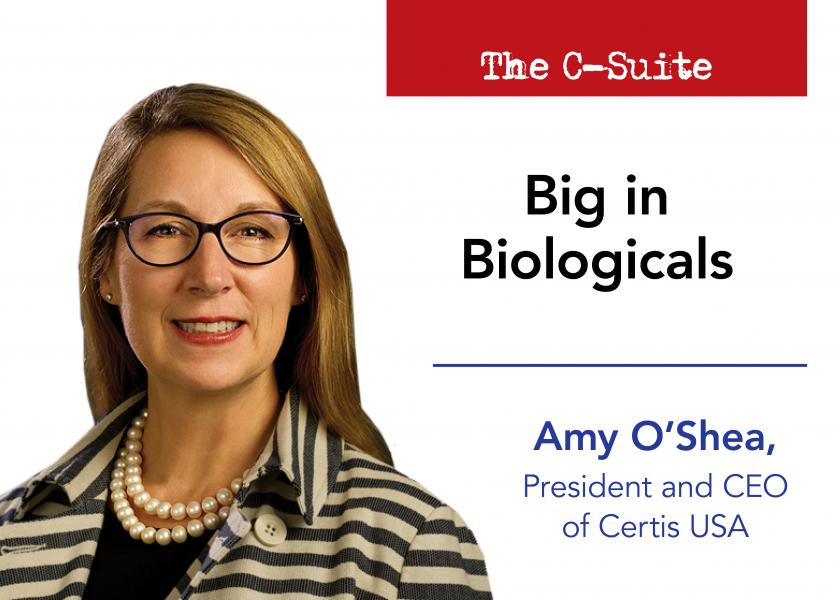
After joining Certis USA in February 2020, O’Shea became CEO in July. Here she shares insights on the biologicals market growth, and why now is a great time for retailers to engage.
What was is like becoming CEO during the COVID-19 pandemic?
“It’s certainly been a great new opportunity. Not surprisingly, anyone making a role change during these times, it comes with a unique challenge. We closed our office and began implementing our strategy to manage COVID-19 within 3 weeks of me joining the business. It’s been an unusual on-boarding. I was able to meet a handful of employees and do a few customer visits. We have had a focus on actively engaging with our team and our customers as safely as we can."
While your business offices closed, you kept manufacturing open, correct?
“We knew we had a commitment to maintain our manufacturing pace. We couldn’t shut the plants down. It was one thing to say to our employees at the Columbia, MD office to get their laptops. But we had to maintain production while keeping those employees safe in our California and Montana locations. Of our location in India, we had ramped up production this spring to bring product in and since then we have had some longer transport times for products from there.”
What is your manufacturing footprint?
"We have a location in Wasco, Calif., dedicated to liquid fermentation. The Butte, Mont. location focuses on solid fermentation. And we have a joint venture in India for plant extraction of neem-based products. All 3 have remained open through the pandemic with adjustments to scheduling and production practices. What differentiates us from many is that we are doing the manufacturing ourselves verses relying heavily on external toll manufacturing. Our facilities, liquid and solid fermentation, means we can offer a broader portfolio to our customers.”
Your business is often cited as the leader in the space—what has led to Certis’ success?
"We have a keen eye to the real science behind biologicals. We probably have one of the most robust histories in biologicals. Our business began in the early 90s. Our legacy companies were very proactive in seeking products, technologies, patents and registrations and then filtering out what was good science. It’s kept us fresh… particularly as crop protection companies have broadened into biologicals and more startups have come into this market. So many know us for our bt products, but, in reality, the last few years, our team has launched more than 10 innovations."
What sets Certis apart in the biologicals business?
"I’d say four things: solid quality manufacturing; consistency in the science supporting efficacy of our products; regulatory expertise; and continuing innovation."
What do you think about more businesses entering into biologicals?
"I look at it as a positive. Increased efforts to enter our space can be challenging, but the more science-based companies getting into this space, the better off for the grower. The sheer entrance of new players grows the biological space—it makes the pie bigger.
This was a space already growing naturally, with food companies and even consumers more focused on food security and availability. This has resulted in consumer demand and growers looking for different ways to grow their crop."
We collaborate with large players, and we have working relationship with many of the major agricultural crop protection and seed companies.
What do you want ag retailers to know?
"We can be a trusted partner for them as their customers and growers are exploring biologicals. There are so many companies on this journey—retailers have to sift through the science and snake oils. And there are so many growers in organic and conventional exploring the space. Look to Certis as a company that has a history in this marketplace. We are not resellers. And we stand behind our products. We have one of the strongest teams with our experience. Our portfolio will be profitable for them, and these are profitable markets for retailers."
What is the use of biologicals by production practice today?
“Because our portfolio is so broad, it’s a split you wouldn’t expect. On a treated acreage basis it’s 30/70----70% into conventional. This is driven largely by our US business in specialty crops areas. What also skews our business split is that we have a large business in Europe where conventional pesticides are being removed from the market. As organic acreage continues to grow and conventional growers convert more acreage for organic production, we would like to see the percent split approach 50/50. We are expanding to less traditional biological-use markets and into row crops, as well as, geographically in markets like Latin America."
We are a global company, with our base of operations in the US. The innovation starts here. This is the largest biologicals market and where a lot of investment in biologicals is happening."
More About Certis USA: The company markets more than 30 biological products. And they export to more than 50 countries.
A bit more personal with Amy: Her college major was classical civilizations, and her first job was selling cockroach bait at a biological pest control startup.


